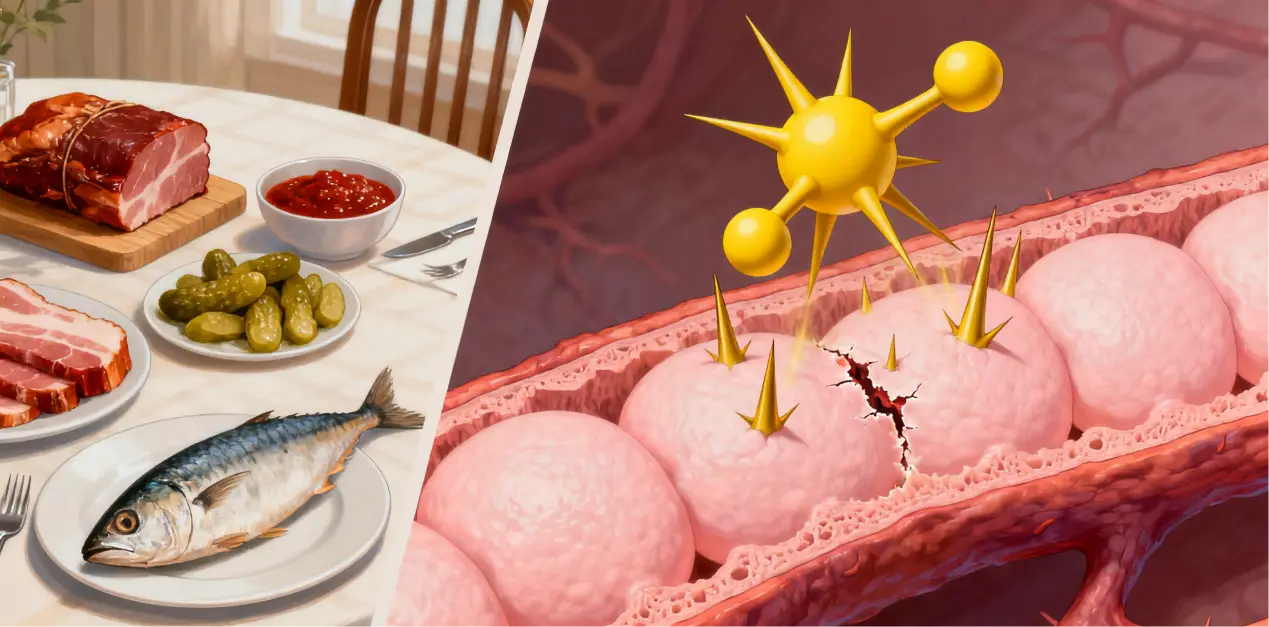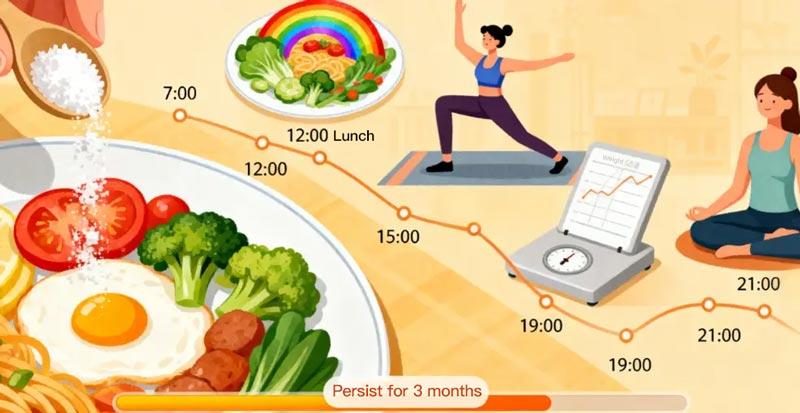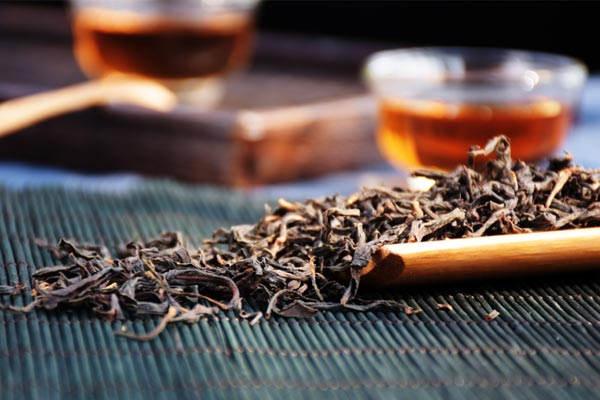While the "three highs" are often at the core of everyday health concerns, the more immediate danger often overlooked is the blood vessel blockage they ultimately cause. This directly drives heart attacks, strokes, and other illnesses, like a ticking time bomb in the body.
We compare vascular blockage with other common illnesses and explore scientific approaches to addressing them.

I. Uniqueness: Vascular Blockage is a "Silent Traffic Paralysis"
Compared to other diseases, vascular blockage diseases (such as coronary heart disease and cerebral infarction) have several distinct characteristics:
- Highly Insidious: Unlike the sneezing and fever caused by a cold, or the immediate stomach pain of a stomach ailment, there are usually no obvious signs until the blockage reaches 70%. However, once symptoms appear, they often evolve into an acute, critical event, like a "traffic paralysis."
- Cumulative Development: It develops over time. Long-term bad habits lead to the gradual deposition of "blood waste" (such as blood lipids and cholesterol) on the blood vessel walls, forming plaques (also known as "atherosclerosis").
- Serious Consequences: Once a blood vessel is completely blocked, downstream tissues will die due to ischemia. Myocardial infarction in the heart and cerebral infarction in the brain result in extremely high mortality and disability rates.
Core Metaphor: If high blood pressure and high blood sugar levels are like "bad weather" (increasing road hazards), then blocked blood vessels are a literal "car accident scene" (directly leading to disaster).
II. Bad Habits: Who is the Culprit for "Blood Waste"?
Whether cardiovascular or cerebrovascular problems, the root causes often share common culprits. The following habits are common "dangerous elements":
- Improper Diet: A long-term diet high in oil, salt, and sugar directly contributes to the production of "blood waste."
- Lack of Exercise: Prolonged sitting slows blood circulation, making "waste" more likely to accumulate.
- Smoking and Excessive Alcohol: Tobacco directly damages the lining of blood vessels, making them rough and more susceptible to plaque buildup; alcohol raises blood pressure and impacts blood vessels.
- Staying Up Late and Stress: These can lead to endocrine disruption, fluctuating blood pressure and blood sugar levels, and accelerated vascular aging.
III. Body Signals: Is Your Body Sending a "Warning" or "Alarm"?
Recognizing these warning signs is crucial, and they are categorized into two levels: "Warning" and "Alarm":
01. Warning Signs (The body's warning):
- Dizziness and headache: Especially sudden onset of dizziness.
- Chest tightness and pain: Occurs after exertion and eases with rest (called "angina").
- Numbness: Unexplained numbness in one hand, foot, or face.
- Blurred vision: Transient blacking out of the vision.
02. Alarm Signs (Seek medical attention immediately):
- Severe, persistent chest pain accompanied by profuse sweating.
- Sudden onset of facial paralysis, slurred speech, or difficulty walking.
Remember: If any "alarm signs" appear, call 911 immediately! This is prime time for emergency treatment.
Treatment Strategies: How can Traditional Chinese Medicine and Western Medicine collaborate to "clear vascular channels"?
IV. When it comes to vascular blockage, Traditional Chinese Medicine and Western Medicine have different philosophies, yet they can complement each other perfectly.
01. Western Medicine: A Top-Notch "Traffic Rescue Team"
The core of Western medicine is "emergency treatment, maintaining blood flow, and preventing recurrence."
- Acute Phase (Emergency Rescue): Through cutting-edge technologies such as thrombolysis (drugs dissolving blood clots) or interventional surgery (stent placement to open blood vessels), we quickly "clear the roads," restore blood flow, and save lives.
- Stable Phase (Maintenance): Long-term management with medications such as aspirin (preventing platelet aggregation and forming new clots) and statins (lowering cholesterol and stabilizing plaques) is equivalent to "daily road maintenance to prevent further landslides."
02. Traditional Chinese Medicine: A Wise "Global Ecological Manager"
Traditional Chinese Medicine focuses more on holistic conditioning, believing that vascular problems are often related to "qi stagnation and blood stasis"—slowed flow of qi and blood, like silted-up riverbeds. Treatment emphasizes syndrome differentiation and conditioning, using a variety of methods to improve overall health.
In comprehensive conditioning plans guided by TCM theory, under the guidance of a physician, supplemental treatments such as Danhong Injection and Xuesetong Injection may be added.
- Holistic Approach: Focuses not only on addressing blocked blood vessels but also on regulating the functions of organs like the liver, spleen, and kidneys, addressing the root causes of blood stasis and phlegm.
- Improving Microcirculation: Using methods to activate blood circulation and dissipate blood stasis, this approach improves blood flow in microvasculature. For example, some modern Chinese medicines unclog and irrigate the capillary network throughout the body.
- Advantages: Specializes in treating chronic conditions, alleviating discomfort such as chest tightness, numbness, and dizziness, improving quality of life, and helping to reduce potential side effects of Western medications.
The best strategy is to combine the precision methods of modern medicine with a holistic approach.
The two complement each other, addressing immediate issues while also focusing on long-term health. For example, under a doctor's guidance, combined use of traditional Chinese medicines with ingredients that activate blood circulation, dissipate blood stasis, and promote blood circulation and dredge collaterals, such as Danhong Injection, can be used.

V. Scientific Prevention and Dietary Adjustment: Keep Your Blood Vessels "Clean" for Life
Prevention is the most cost-effective strategy.
01. Lifestyle Changes:
- Get Moving: Get at least 150 minutes of moderate-intensity exercise per week (brisk walking, jogging, swimming).
- Quit smoking and limit alcohol consumption: This is the most direct way to protect your blood vessels.
- Get enough sleep and relax: Ensure adequate sleep, manage your emotions, and reduce physical stress.
02. Mediterranean Diet:
- Eat more: Fruits and vegetables (tomatoes, broccoli, blueberries), whole grains (oats, brown rice), fish (especially deep-sea fish like salmon), beans, and nuts.
- Eat less: Red meat, processed meats (sausages, bacon), fried foods, desserts, and sugary drinks.
- Choose: Vegetable oils (such as olive oil) instead of animal oils.
- Drink More Water: Adequate hydration is the simplest way to dilute your blood and keep your blood vessels clean.
03. Regular "Annual Checkups":
- Starting at age 40, check your blood pressure, blood sugar, and blood lipids annually.
- High-risk individuals (such as those with a family history or smokers) should undergo regular carotid artery ultrasounds and other tests to visually monitor vascular health.
Protecting vascular health requires a holistic approach, like a "traffic controller."
Understand the risks, recognize the warning signs, utilize both traditional Chinese and Western medicine, and make daily preventative efforts. Starting now, investing in your vascular health is investing in the length and quality of your life.

%20--%3e%3c!DOCTYPE%20svg%20PUBLIC%20'-//W3C//DTD%20SVG%201.1//EN'%20'http://www.w3.org/Graphics/SVG/1.1/DTD/svg11.dtd'%3e%3csvg%20version='1.1'%20id='图层_1'%20xmlns='http://www.w3.org/2000/svg'%20xmlns:xlink='http://www.w3.org/1999/xlink'%20x='0px'%20y='0px'%20width='256px'%20height='256px'%20viewBox='0%200%20256%20256'%20enable-background='new%200%200%20256%20256'%20xml:space='preserve'%3e%3cpath%20fill='%23FFFFFF'%20d='M194.597,24.009h35.292l-77.094,88.082l90.697,119.881h-71.021l-55.607-72.668L53.229,232.01H17.92%20l82.469-94.227L13.349,24.009h72.813l50.286,66.45l58.148-66.469V24.009z%20M182.217,210.889h19.566L75.538,44.014H54.583%20L182.217,210.889z'/%3e%3c/svg%3e)




